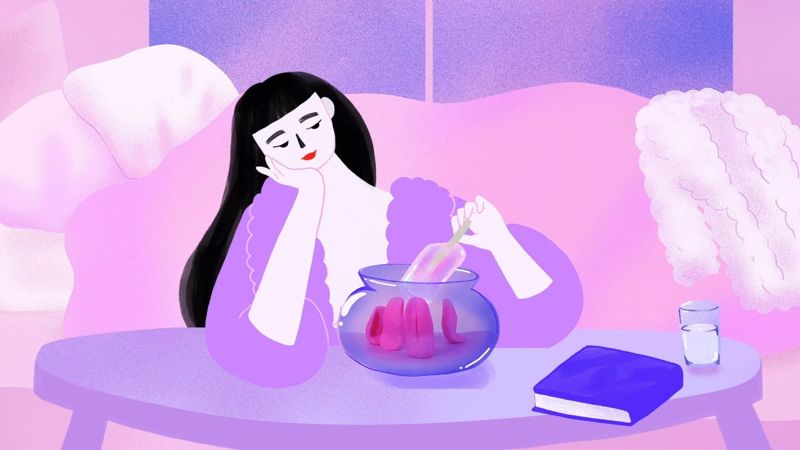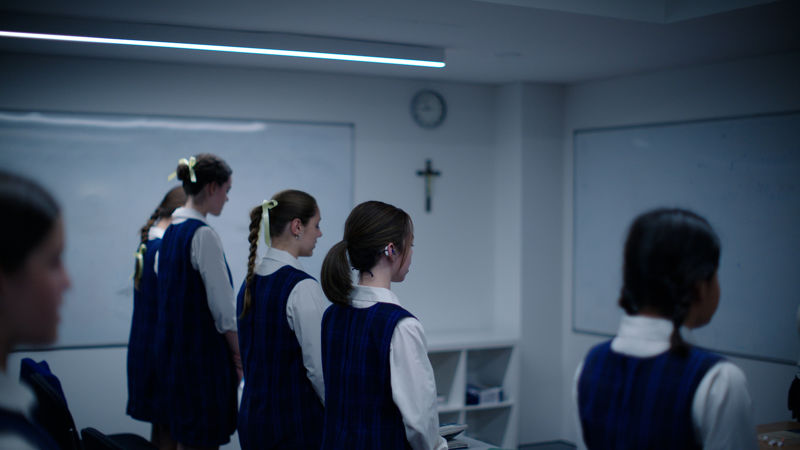Aziz Zoromba's instinctual storytelling
After his short film, Simo, picked up Gold in the Short Film (10 minutes or above) category at this year's Young Director Award, director Aziz Zoromba reveals the inspiration behind it, and why the most important lesson he's learned is to trust his instinct.
Did you always want to direct, and what is it about directing that you enjoy the most?
Cinema was always a part of my life. As an immigrant family of four, Egyptian cinema brought us together and maintained our relationship with our homeland. Cinema was our ‘community’. I started making films in high school. I borrowed my parents’ digital camera, which recorded terrible video but it was sufficient for experimenting with my friends. I think it may have kick-started my love of editing.
For the first time, I felt represented, seen, heard. It allowed me to express myself like I was never able to before.
It wasn’t until later, when I pursued cinema studies, that I understood the various roles of filmmaking and what the role of the director actually was. I initially thought that I wanted to become a cinematographer, since I was shooting most of my stuff. However, something switched when I got to direct my first ‘real’ short film in film school, with a crew and a script that I wrote myself.
For the first time, I felt represented, seen, heard. It allowed me to express myself like I was never able to before. The collaborative aspect of filmmaking is definitely the most enriching.
Credits
powered by
-
- Production Company Scarab Films
- Director Aziz Zoromba
-
-
Unlock full credits and more with a Source + shots membership.
Credits
powered by
- Production Company Scarab Films
- Director Aziz Zoromba
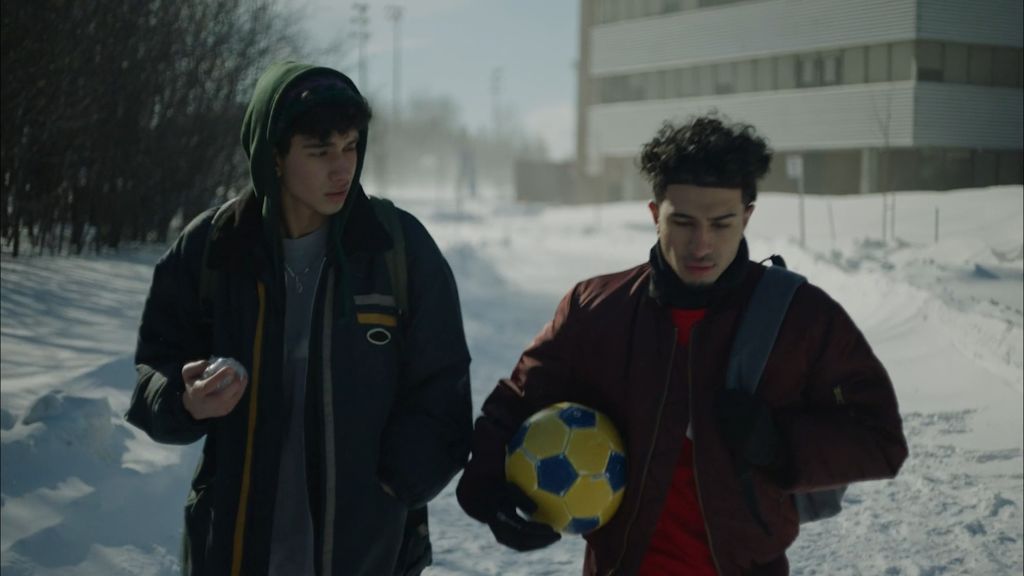
Credits
powered by
- Production Company Scarab Films
- Director Aziz Zoromba
Above: The trailer for Simo, which won Gold in the Short Film (10 minutes or over) category.
Who or what are you inspired by?
I take inspiration from everything around me. I think, for each project, I try to find what is the core of the film and then use that as my main inspiration. For Simo, for example, the world of video-games was a main draw and inspiration for the film. During production, I make a conscious effort to limit my exposure to other films, avoiding excessive influence and relying on my instincts instead.
What was the inspiration behind Simo?
It all started with the desire to delve into the time period that profoundly influenced my sense of self: my adolescence. It was a challenging and isolating phase, as everyone grapples with an identity crisis, striving to find their place in the world. Personally, this experience was further intensified by a cultural identity crisis. I wanted to reconnect with the elements that defined that period for me: music, video-games and football, each representing alternative outlooks on masculinity and our attachment to our cultural heritage.
Over the past few decades, the representation of our community on screen has been nothing short of dehumanising.
Drawing heavily from my own life experiences, I couldn't ignore the elephant in the room: the stereotypes associated with being an ‘Arab’ in the West. It was important for me to explore this aspect, as disregarding it would be shutting my eyes to the reality that many of us have experienced and continue to endure today.
Over the past few decades, the representation of our community on screen has been nothing short of dehumanising. Therefore, it became crucial for me to empower the characters with control over their own narrative, to celebrate Egyptian culture and challenge the external perspective imposed on us.
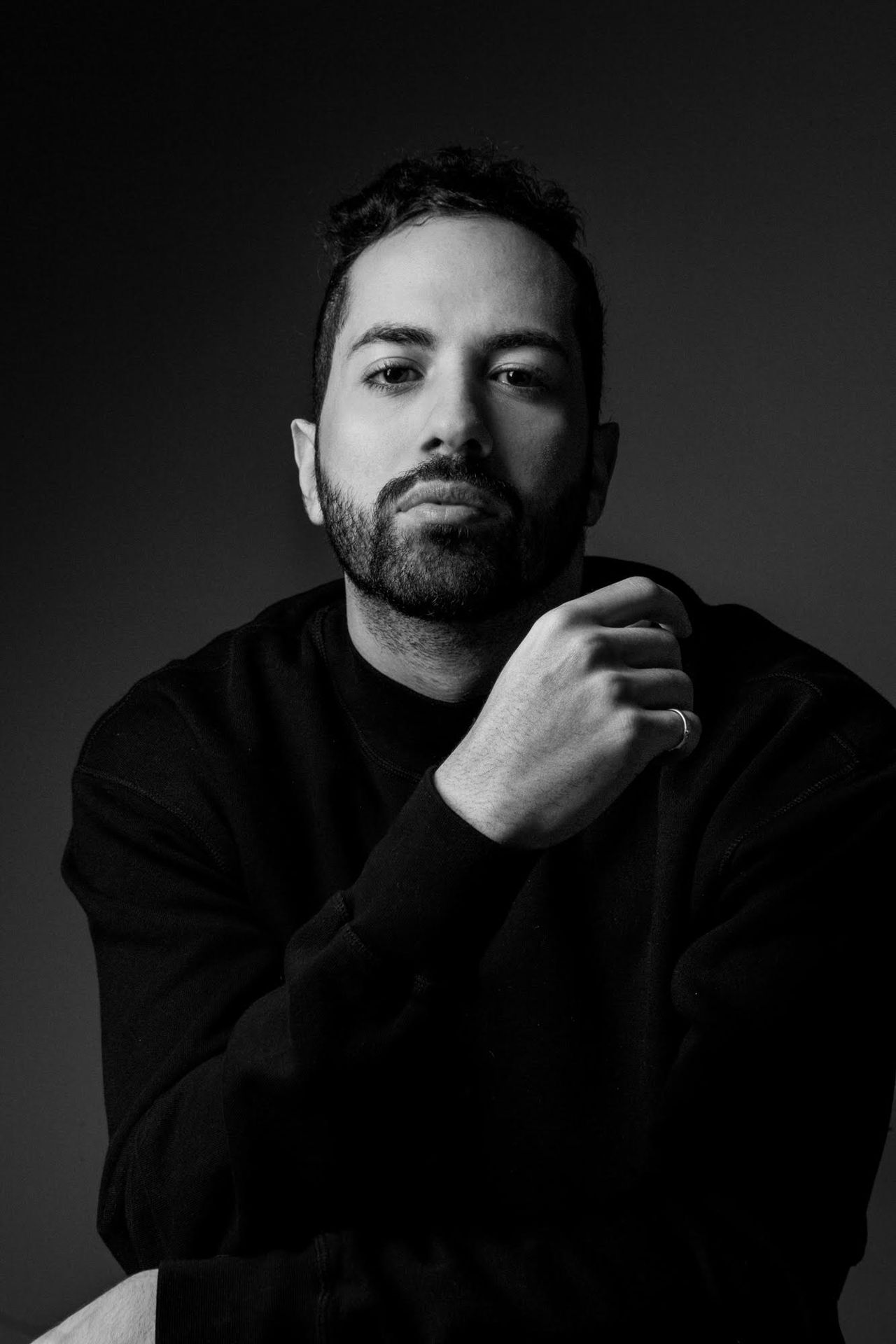
Above: YDA-winning director Aziz Zoromba.
Could you tell us about the casting process and how you found your key actors?
I started looking for young Egyptian actors four years ago, when the film was still in its inception. One day, Alexandre, my cinematographer, was on set of a short film and he sent me a picture of this 14-year-old named Basel. I wrote the script with him in mind and, two years later, I contacted him to come in to audition with his older brother Seif, who had never acted before. The moment they arrived at the audition, I knew it would be them.
The moment they arrived at the audition, I knew it would be them.
For the role of Baba, we posted casting calls on social media and we found Aladeen. I spoke to him on the phone for an hour and asked him to send a self-tape. I actually did not do any other auditions for any of the lead roles.
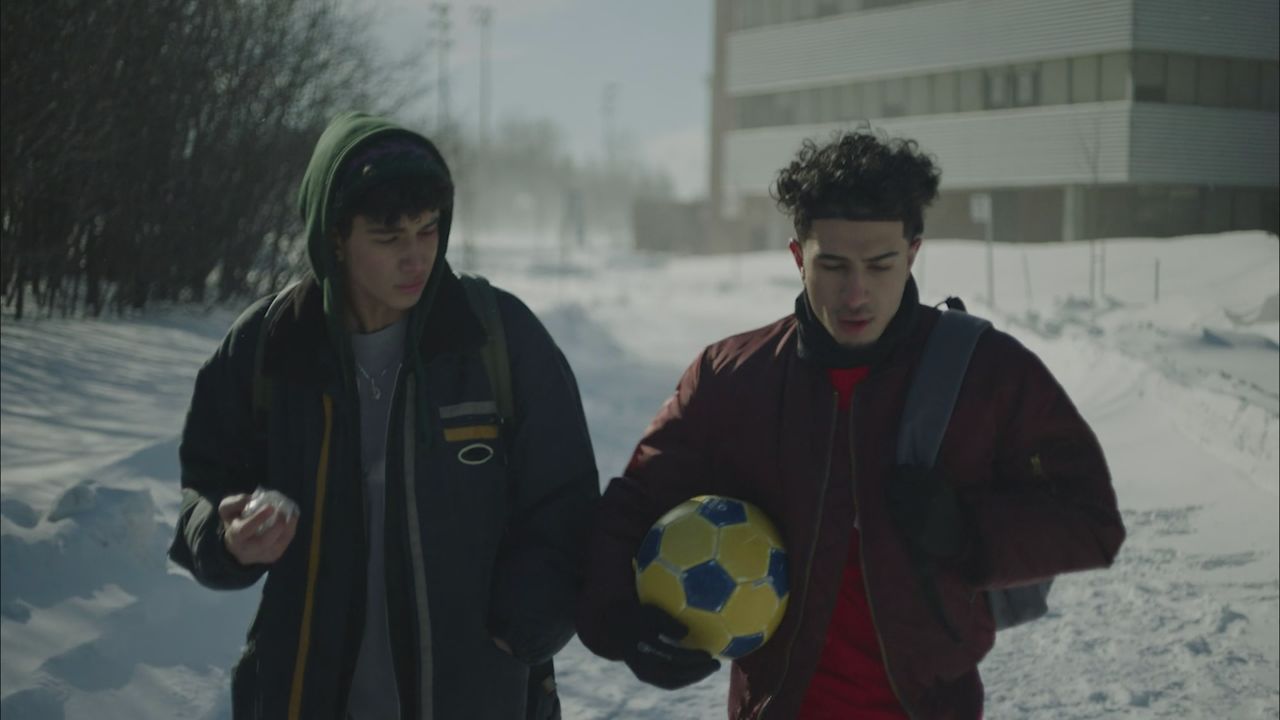
Above: Zoromba knew early on who his main actors would be for Simo.
Were there any stand out or memorable moments during the shoot?
The shoot was incredible. I’m grateful to the extraordinary crew that made this all possible. We shot in very cold conditions, with temperature reaching -20C on some exterior scenes. We had a lot of challenges but, thankfully, we were able to make it work. It was my first real directorial experience with a professional crew; the pressure felt immense and I really wanted everyone to have a good time and ultimately feel proud of the final film.
I think the most important lesson I learned is to really impose myself as a director. To trust your instinct, really.
I think the final shot of the film, which we shot on day four, was definitely the most memorable. Initially, I had concerns that this particular scene might not work due to various technical and logistical obstacles. However, the moment we recorded the first take, the crew was glued behind the monitor, my producer teared up and I felt relieved.
What do you feel you’ve learned from making this film?
I learned so much! I think the most important lesson I learned is to really impose myself as a director. To trust your instinct, really. The themes that are explored in the film are definitely coming back in future films. I feel like I’ve only scratched the surface of what could be explored.
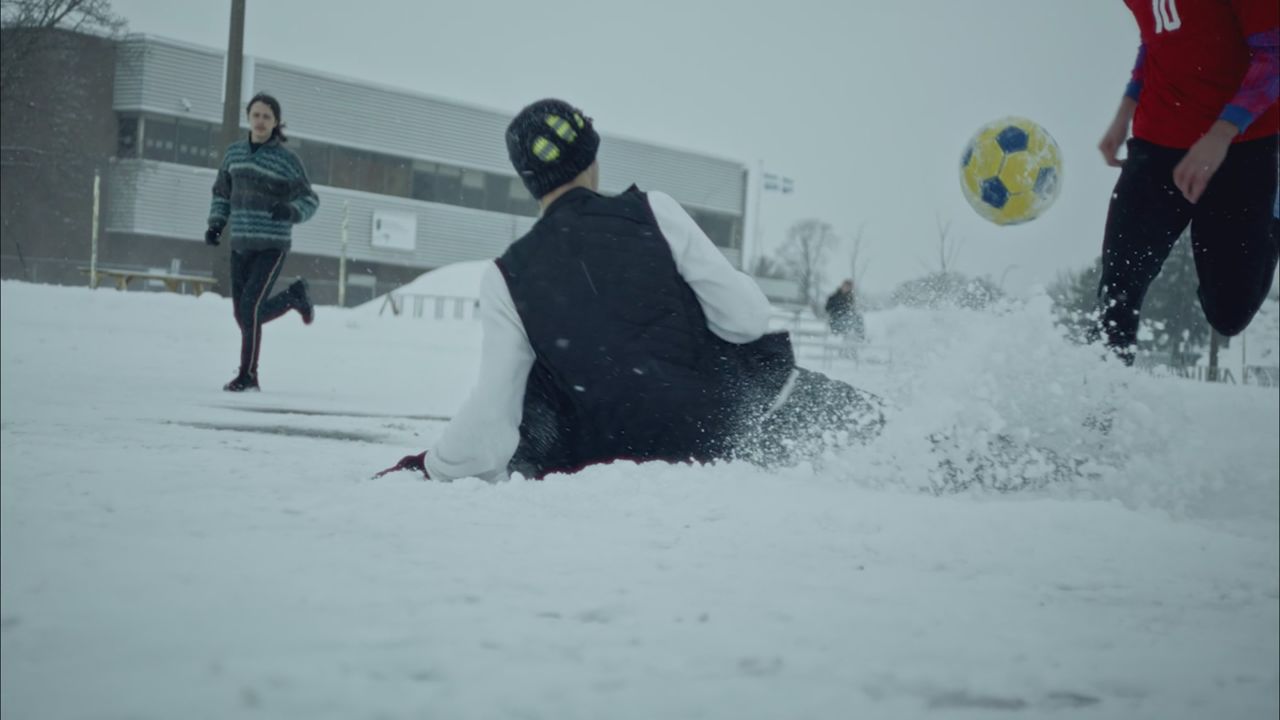
Above: Zoromba wanted his film to reconnect with the elements that defined adolescence for him: music, video-games and football.
What does it mean to you to win a YDA?
It’s an honour to be recognised by the YDA. I’ve been following the institution for a few years now, so to be able to participate for the first time and win Gold is an immense privilege.
What’re you working on at the moment?
I’m currently working on a short animated documentary about my father’s youth and immigration story. It’s a personal project that I’m taking my time with as I’m beginning to develop my first feature film.
)
